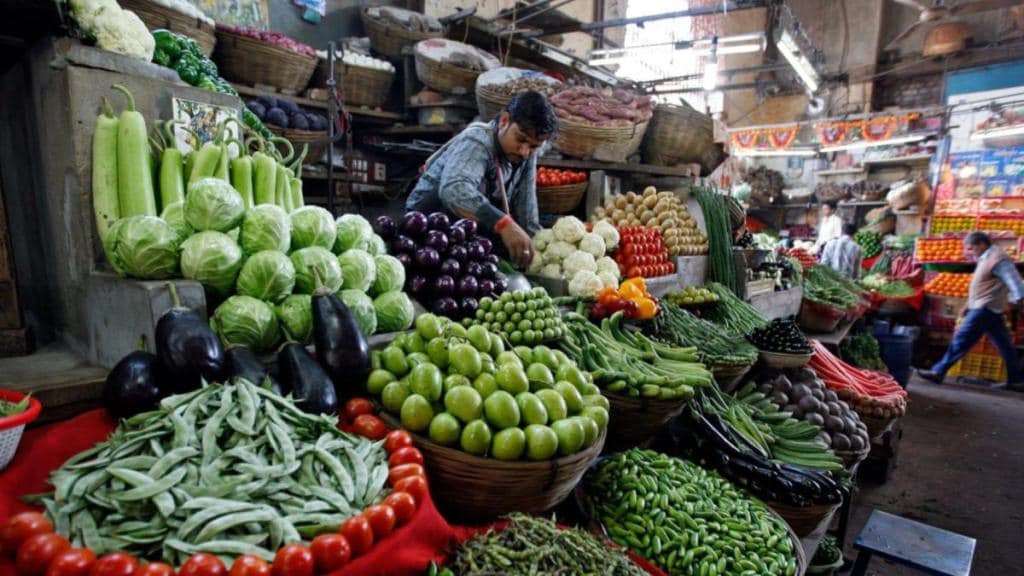The government’s food subsidy expenses are projected to witness an increase of Rs 18,000 crore or 9% to Rs 2.2 trillion in the current fiscal from the Budget Estimate of Rs 2.02 trillion, as per the interim budget due to the huge cost of carrying and storing surplus rice in the central pool.
Sources told FE that, the current rice stocks of 50 million tonne (MT), three and half times the buffer, are likely to push up storage costs alone by Rs 16,000 crore in the current fiscal if the grains are not liquidated soon.
In FY23, expenses towards storing rice was around Rs 8000 crore.
According to officials, the BE has to be revised upward because of rising carrying cost of rice as well as higher procurement.
The economic cost of rice, including minimum support price (MSP), storage, transportation and other costs at the beginning of the current fiscal was estimated at Rs 3,975/quintal which may see an increase due to surplus rice stock.
“The costs of storage, transportation and other costs on account of storing surplus rise has been rising steadily and if not liquidated through open market sale or through exporting to various countries for meeting their food security needs, we may face difficulties in storing rice in coming procurement season (2024-25, October-September),” an official said.
In FY24, the expenses on account of food subsidy was Rs 2.12 trillion, as the government has extended the Pradhan Mantri Garib Kalyan Anna Yojana (PMGKAY) or free ration scheme to more than 800 million beneficiaries for next five years.
In the 2023-24 marketing season, the government agencies have already purchased more than 51 MT of rice so far. The government needs about 38 MT of rice annually to supply under PMGKAY.
Because of rising stocks, officials said at present the Food Corporation of India (FCI) has been unable to receive rice given from milling due to space constraints across several states including Punjab, Haryana and Chhattisgarh.
Currently, FCI holds 50 MT — 33.21 MT of rice stocks and 17.2 MT of grain receivable from millers. The stock is against the buffer of 13.54 MT for July 1.
The last fiscal open market sale of rice at Rs 29/kg to bulk buyers did not elicit a positive response as only around 0.1 MT of rice was sold. Sources said the government will assess the sowing of kharif paddy before taking a call on removing curbs on shipments.
Last year, the government had initially banned white rice exports and subsequently imposed a 20% shipment duty on parboiled rice to improve domestic supplies as price rises remained in double digits. The government, from time to time, allowed rice exports to meet the food security needs of some countries on the basis of request.
Retail rice prices rose 12.28% in May. The inflation in rice prices has been in double digits since October 2022. In addition, officials said FCI so far has received a purchase indent for 1.5 MT of rice from agencies such as Nafed, NCCF and Kendriya Bhandar for selling ‘Bharat’ rice. About one MT of grain has been sold by these agencies for distribution through retail outlets at Rs 29/kg under the Bharat rice initiative launched to curb the spike in prices in February.

